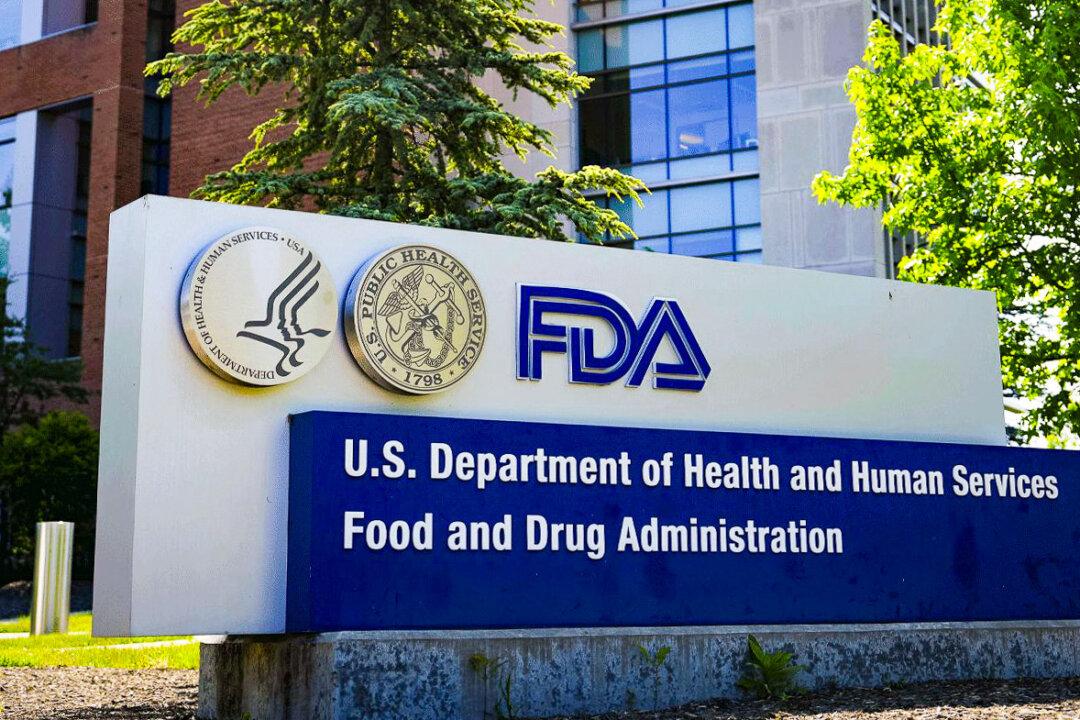A Netherlands-based company is voluntarily recalling smoked salmon sold in more than a dozen U.S. states due to recent testing finding some contamination with the bacteria Listeria monocytogenes.
Foppen Seafood said in a recall notice shared on the U.S. Food and Drug Administration’s (FDA) website on June 25 that the recall involves a specific lot of the company’s “toast-sized” Foppen Smoked Norwegian Salmon Slices.





